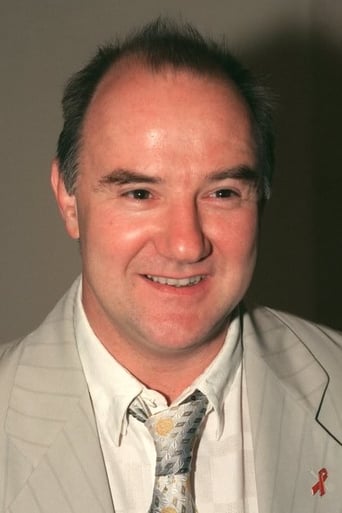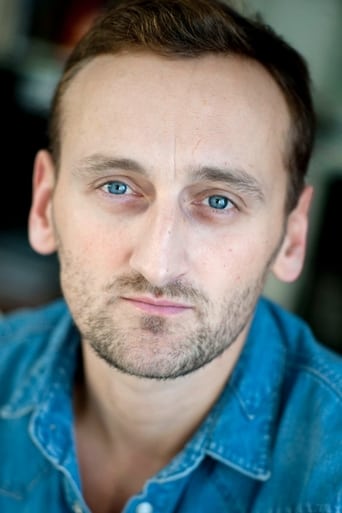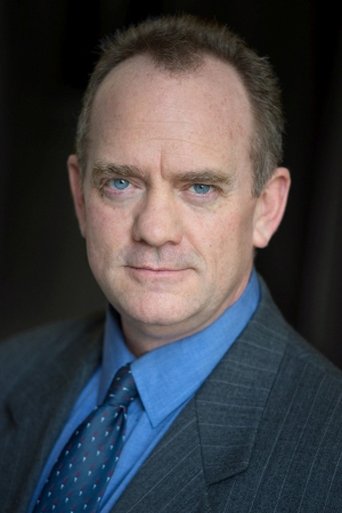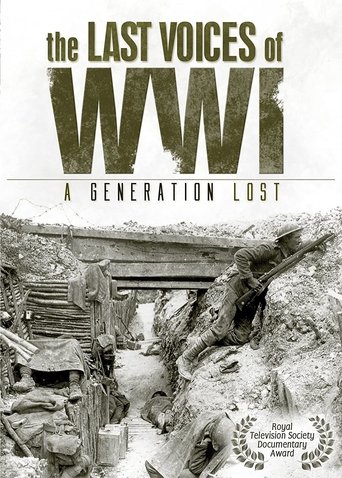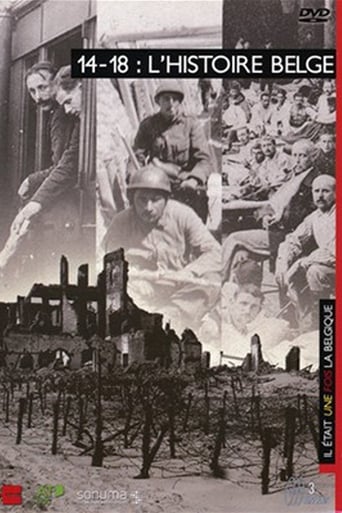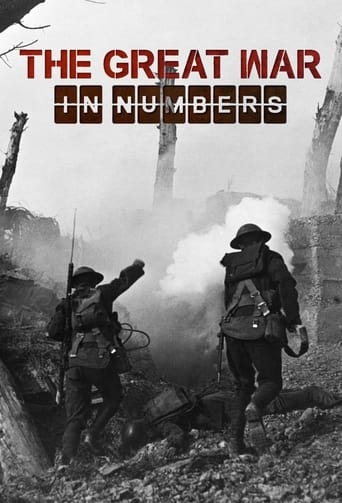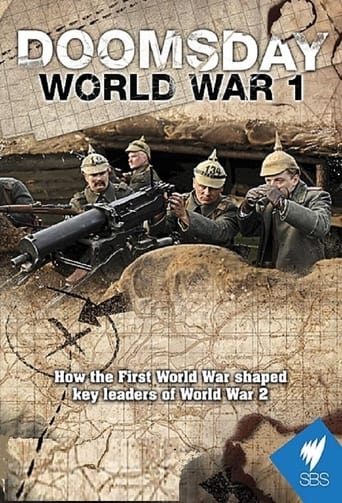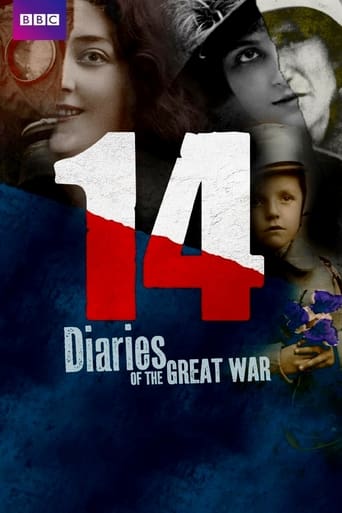
Rating:
7.5/10 by 4 users
The Uprising
In 1917, unrest breaks out, affecting all sides. People across Europe revolt against living conditions and the never-ending bloodshed. There are strikes in armaments factories in England and France, industrial workers take to the streets in Germany, sailors refuse to obey orders and in Russia hunger drives hundreds of thousands towards revolution.
Writing:
Release Date:
Tue, Apr 29, 2014
Country: DE | FR | CA | NL | AT | GB
Language: En | Fr | De | Ru
Runtime: 53
Country: DE | FR | CA | NL | AT | GB
Language: En | Fr | De | Ru
Runtime: 53
Udo Samel
Narrator
Natalia Witmer
Marina Yurlova
Alban Casterman
Captain Hudelle
Michaël Fitoussi
Louis Barthas
Antoine de Prekel
Yves Congar
Jonas Leonhardi
Ernst Jünger
Elisa Monse
Elfriede Kuhr
Monika Lennartz
Grandmother Kuhr
Claudia Besso
Chorus
Mark Camacho
Chorus
Larry Day
Chorus
David Gow
Chorus
Arthur Grosser
Chorus
Nicola Seaton-Clark
Chorus
Peter Seaton-Clark
Chorus
Season 1:

We follow 14-year-old Marina Yurlova who joins her father, Cossack Colonel Yurlov, on a train to the front. Artist Käthe Kollwitz and her husband must accept their 17-year-old son’s decision to enlist. The Austrian Karl Kasser is sent to the front despite an injury and ten-year-old Yves Congar from Sedan expects France to win quickly. He feels safe in his family until German troops arrive on the doorstep.

The European conflict has turned into a world war: Greece and Bulgaria, Japan and the Ottoman Empire have entered the fighting. Battles are fought in Europe, Africa, off the Falkland Islands and in the Pacific. More than 20 million men are under arms.

The number of injured people is increasing day by day. There are too few doctors and nurses. Auxiliary nurses are hastily called in: 20,000 of them in the first year of the war in Germany alone. They work in extremely difficult conditions. Thousands and thousands of young men are physically injured and completely traumatised.

Millions of mothers and wives must endure years of separation from their sons or husbands. They are tormented by the uncertainty of whether their loved ones are still alive. The men in the trenches are told to concentrate on killing and not worry about their wives back home. The war destroys the lives and health of countless soldiers.

1916 becomes the year of horrific battles. A new kind of death machine is set in motion with submarines, aeroplanes, tanks and poison gas. On the Somme, the Western powers aim to achieve a breakthrough against the German troops, while Russia tries to put Austria-Hungary under pressure on the Eastern front. The number of victims exceeds all predictions.

The soldiers' prospect of returning home is an important motive to continue fighting. In the first total war in history, a new phrase is coined: The Home Front. "Fighting" takes place not only in the trenches, but also in the factories, in fields and in schools. The burden of war is borne by soldiers as well as women, workers, children and the elderly.

In 1917, unrest breaks out, affecting all sides. People across Europe revolt against living conditions and the never-ending bloodshed. There are strikes in armaments factories in England and France, industrial workers take to the streets in Germany, sailors refuse to obey orders and in Russia hunger drives hundreds of thousands towards revolution.

While his father is sent to Germany for forced labour, Yves Congar lives through the end of the war in his cellar. Ernst Jünger returns to Germany when revolution breaks out in his country. Too old for active service, Charles Edward Montague was asked to organise photo shoots of German prisoners for the American press. Marina Yurlova spent her 18th birthday in a Red Army prison as the civil war raged. On 5 October 1918, Elfriede Kuhr hears for the first time at school about the possibility of defeat...

